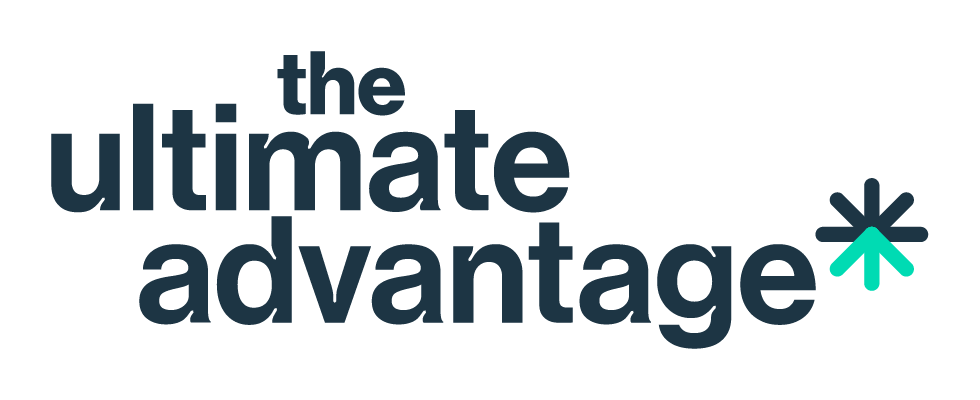
The #3 ranked CEO in the world, Bob Chapman, declared: “the language of business is broken” and I have to agree with him. And sadly, I don’t believe it to be exclusive to business. A change in focus around all communication feels long overdue.

Many of us experience miscommunication or misunderstandings each and every day, and these pretty-understandably lead to mistrust and disconnect. What they don’t lead to, is any focus on improving the language skills (or lack of them) that led to the issue in the first place. It seems crazy to me, that we do something which consistently causes us a challenge, and yet we take no steps to improve it - why is that?
On the whole, it’s because we have no idea. We genuinely don’t realise that we’re the problem, and instead simply assume it’s all the other person or people. Maybe they’re deliberately misunderstanding us, maybe it’s accidental, but if they would just… Does that sound familiar?
I call the whole piece of work around bringing awareness to our own language, language hygiene, and it’s based on the premise that we don’t come into a communication clean, or neutral. Instead we have various biases and filters that can colour the messages we ‘receive’, and these need to be cleaned up in order to have an authentic and grounded communication. When we genuinely understand this, we can tailor and adapt our language to be appropriate and suitable for our conversing partner, meeting their needs and energy, and ensuring a win:win for everyone involved.
As well as our biases and filters, we also have a whole host of preferences, for example, a global person focuses on the big picture, while a specific person will zone-in-on the finer details. Typically, we’re all somewhere along the spectrum, but each individual will have a preference. If we don’t cater for these innate drives, the person we’re talking to is likely to feel the disconnect deeply.
Another really powerful filter is the level or density of information that you need to achieve a task. We generally consider this in four categories: why, what, how, and what if - and the true power here is in recognising where you are first, so that you can adapt to others. You may be a ‘how’ person, keen to know all of the core details and parameters, the function, the delivery. But if you’re speaking to big, big-picture ‘why’ people who just want to be inspired and who likely think more than a line in a brief is overboard, then you’re going to absolutely need to refine your pitch or briefing. And vice versa of course.
For further insight on all of this, please listen to the Progressing Lives Through Unlocking Effective Communication (4/4):
https://podcasts.apple.com/us/podcast/progressing-lives-through-unlocking-effective-communication.
If you loved this then give it a share!


Download our guide to learn the five secrets to compelling communications.



